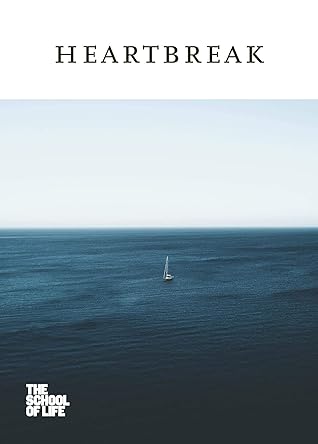More on this book
Kindle Notes & Highlights
We’re presented with a fact – they have left us – and onto that we project a meaning. But the meaning we give to the fact comes, in large part, from us.
To properly get over the pain of a love rival, we need to realise how mediocre pretty much every human who has ever existed tends to be. There is not, in fact, ever any such thing as a ‘perfect person’;
Recovery does not involve the denial of our less admirable sides:
It’s that we have been left because of a common delusion: the belief that if only we were in a different relationship, we would be substantially happier. Yet the truth is that more or less every relationship has its own special and distinct forms of acute unhappiness.
it pays to honour the idea that in order to survive, we actively also need to do something else: forget.
To have a poor memory contributes, in many contexts, to survival.
What is the point of thinking about the past? His answer was precise: We should remember only in so far as it actually helps us to live in the present. To the extent that memories assist us in forming our plans and avoiding error, they are valuable, but when memories function as obstacles to better lives, we should put our energies into the business of forgetting.
When we say we miss them, what we really mean is that it is a set of good qualities and experiences that we are missing. It is tenderness, conviviality and open-mindedness we love, first and foremost, rather than, inherently, the bodily home in which these qualities came to rest. We encountered these things in and with them and so assume that to lose the person is to lose everything linked to them.
In a better world, our most serious goal would not be to locate one special lover with whom to replace all other humans; it would be to put our intelligence and energy into identifying and nurturing a circle of true friends.
We have managed to survive.
We are a great deal stronger than we originally anticipated.


